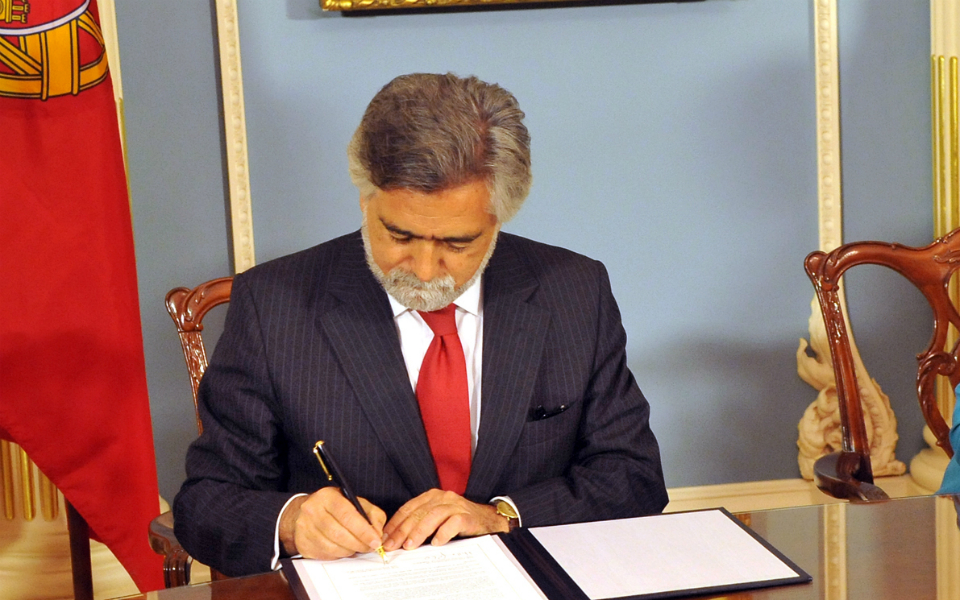In an interview with Radio Antena 1 and Jornal de Negocios, the former head of Portuguese diplomacy stated that if there is no “black swan” and if the United States continues to cut interest rates and put pressure on the markets, it will be “inevitable” and the ECB will have to make the same choice. The Road.
Luis Amado, the former Foreign Minister, believes that interest rates “may start to fall” from the second half of 2024. In an interview with Radio Antena 1 and Jornal de Negocios, the former head of Portuguese diplomacy stated that if there is “no black swan” and if If the US continues to cut interest rates and pressure the markets, it will be “inevitable” and the ECB will have to choose the same path.
Even if Lagarde seeks to “create expectations that in 2024 there will be no decline in interest rates.” The reality is that the markets, “in a very aggressive way,” are giving a completely different reading of the macroeconomic scenario, “whether in the USA or in Europe.”
Therefore, it is likely that in the second half of 2024, “if there is a policy of aggressively cutting interest rates in the US,” as is expected with three cuts next year, the ECB will not be able to “go very far.”
The European Central Bank decided last Thursday to keep interest rates unchanged, as markets expected. The European Central Bank justified its decision by the risk that inflation may rise temporarily in the near term.
Expectations indicate a gradual decline in 2024 to reach 2% in 2025. Let us remember that the inflation rate reached 2.4% in November, a far cry from the rate that exceeded 9% in 2022.
After 10 consecutive increases, interest rates remained unchanged for the second meeting in a row. As for the future, the ECB leader remained hawkish, refusing to be dovish. He assumed that the institution would remain vigilant and would maintain interest rates “at sufficiently restrictive levels for as long as necessary.”

“Wannabe internet buff. Future teen idol. Hardcore zombie guru. Gamer. Avid creator. Entrepreneur. Bacon ninja.”

